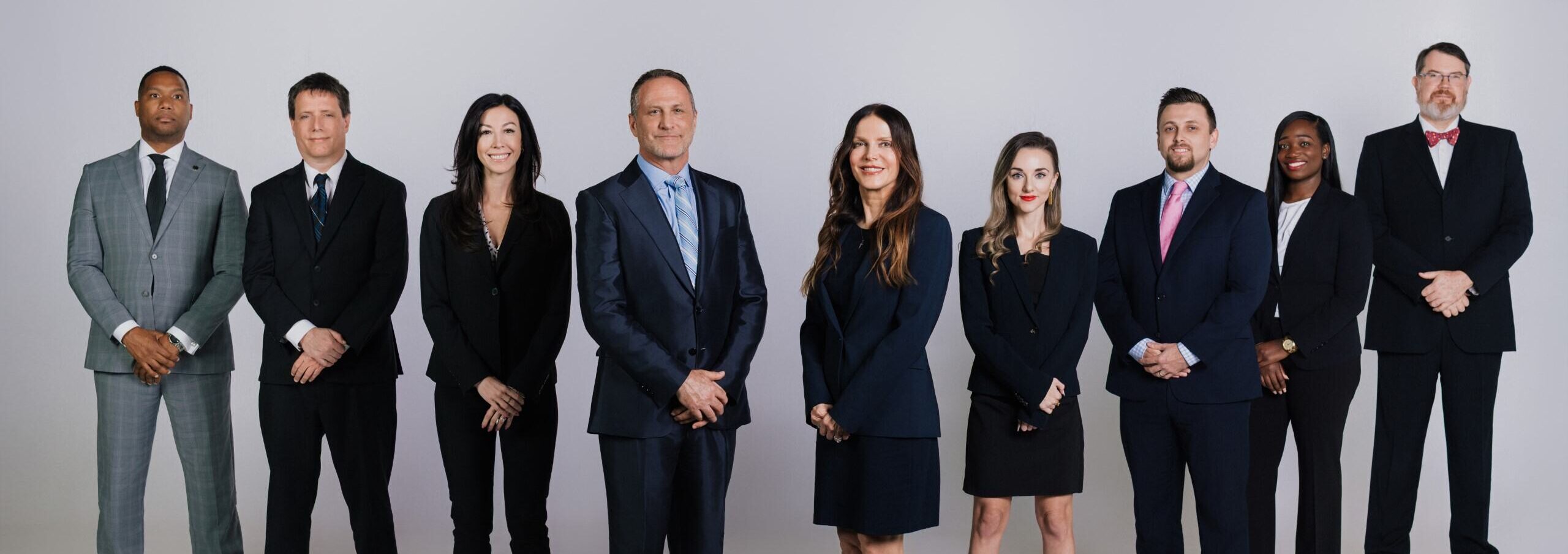
Florida Supreme Court Tackles Life Sentences for Juveniles
Sentencing for juvenile crimes is a hot-button issue in Florida and one that is overdue for some resolution. In May 2010 the United States Supreme Court ruled in Graham v. Florida, holding that juveniles who have not killed a person may not be sentenced to life without the possibility of parole. Over 75 juvenile inmates in Florida became eligible for resentencing – more than any other state.
This ruling came as welcome news to juvenile offenders and their loved ones in Florida but many of the state’s young inmates have yet to see its effects. Soon the Florida Supreme Court will rule in several Graham cases, potentially setting statewide standards for resentencing.
Graham requires states to provide “meaningful opportunity to obtain release.” Since the ruling, Florida’s lawmakers have unsuccessfully grappled with what that meaningful opportunity entails and how to implement the U.S. Supreme Court’s decision.
It is customary for state legislatures to determine sentencing guidelines but Florida’s lawmakers have failed to offer any guidance for juvenile sentencing. In February 2012, the House passed a bill that would have given juvenile offenders an automatic sentence review after their first 25 years and every seven years thereafter. But the state Senate failed to act on the bill before the end of the session.
The state’s delayed reaction has led to dramatically inconsistent sentencing for juvenile offenses. Some resentenced youths have had their sentences cut to four years while others could be in prison for up to 170 years.
Soon, however, the Florida Supreme Court may offer some guidance on “ceiling sentences” for crimes covered by Graham. The court is scheduled to hear the cases of three juvenile offenders who have been given what some call virtual life sentences, or prison terms so long they have virtually no hope of release. The cases involve juveniles who have been sentenced 70, 80 and 90 years.
If the Court overturns any of these sentences as too lengthy, it could result in a ceiling sentence for juveniles convicted of non-homicide crimes. And juveniles being charged with crimes in Florida might therefore have a better shot at a fair sentence based on rehabilitation rather than lifelong incarceration.



